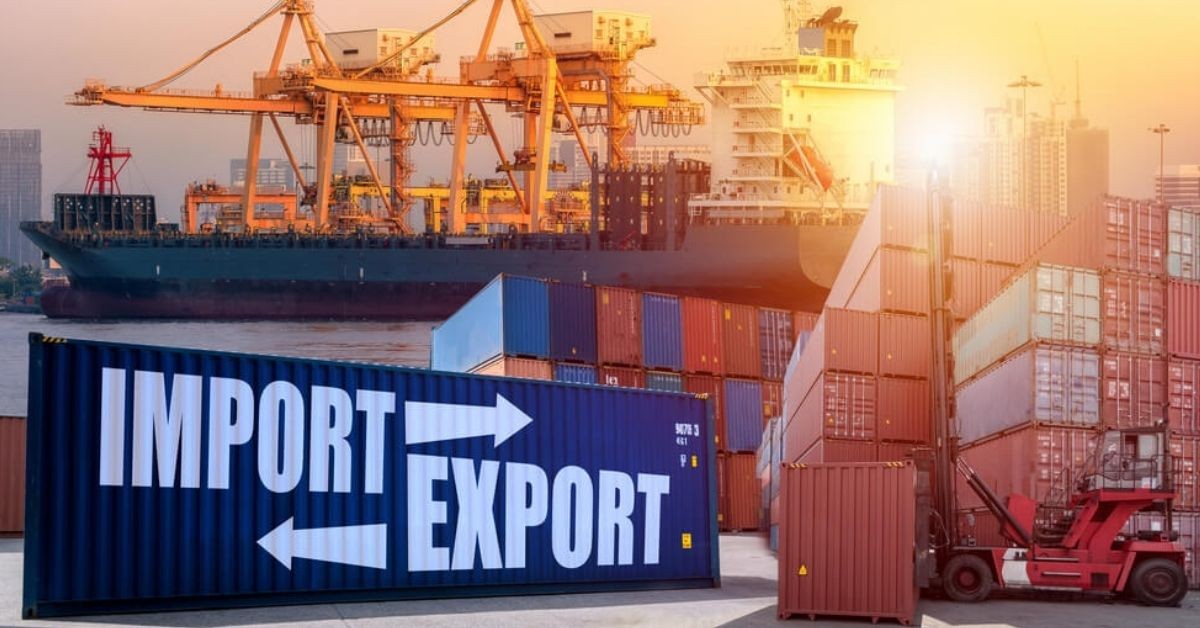Two influential Democratic lawmakers are proposing to introduce bicameral legislation to impose a tax on imports from countries like China and many others who are not taking significant steps to address the challenge posed by climate change.
The FAIR Transition and Competition Act of 2021, which is also sponsored by Senator Chris Coons and Congressman Scott Peters, proposes to establish a border carbon adjustment (BCA) on polluting imports.
It will establish a border carbon adjustment on carbon-intensive imports to account for the cost incurred by US businesses to comply with laws and regulations limiting greenhouse gas emissions.
The two lawmakers said the border carbon adjustment will raise billions of dollars to support communities as they adapt to increasingly severe weather events and invest in new technologies to eliminate greenhouse gas emissions.
According to the bill, the list of goods covered by the tariff will expand as the United States improves processes for determining the carbon intensity of different types of goods.
“The FAIR Transition and Competition Act will facilitate a race to the top among US companies to produce the next generation of clean energy and technology. The move would ensure we remain a key player in international cooperation on climate action and show the world that the US is fully committed to addressing the climate crisis at home and abroad,” Peters said.
International cooperation will be critical to reaching net-zero emissions, said Coons.
“We have a historic opportunity to demonstrate that climate policy goes hand in hand with providing economic opportunities as US innovators develop and scale clean energy technologies. The FAIR Transition and Competition Act will complement our efforts to reduce emissions at home, ensure the United States is at the table for reframing trade around climate, and provide resources to support vulnerable communities and energy innovation as we build back better,” he said.
The bill also maintains a flexible approach to evolve the policy to achieve climate goals and support US workers.
Recognising the costs incurred by US companies in producing cleaner products due to emissions-related laws and regulations, it accounts for those costs by levying a fee on imports in carbon-intensive, trade-exposed sectors and support international climate cooperation and the reframing of trade around climate.
The bill proposes to levy a fee on imported pollution to address carbon leakage that undermines urgent climate action.
The import fee will be based on the domestic environmental cost incurred and will initially cover goods that are both carbon-intensive and exposed to trade competition, including aluminum, cement, iron, steel, natural gas, petroleum, and coal.
China emits more greenhouse gas than the entire developed world combined, according to a report compiled by Rhodium Group.
The report said China emitted 27 per cent of the world’s greenhouse gases in 2019.
The US was the second-largest emitter at 11 per cent while India was third with 6.6 per cent of emissions, the think tank said.
Source: New Indian Express







